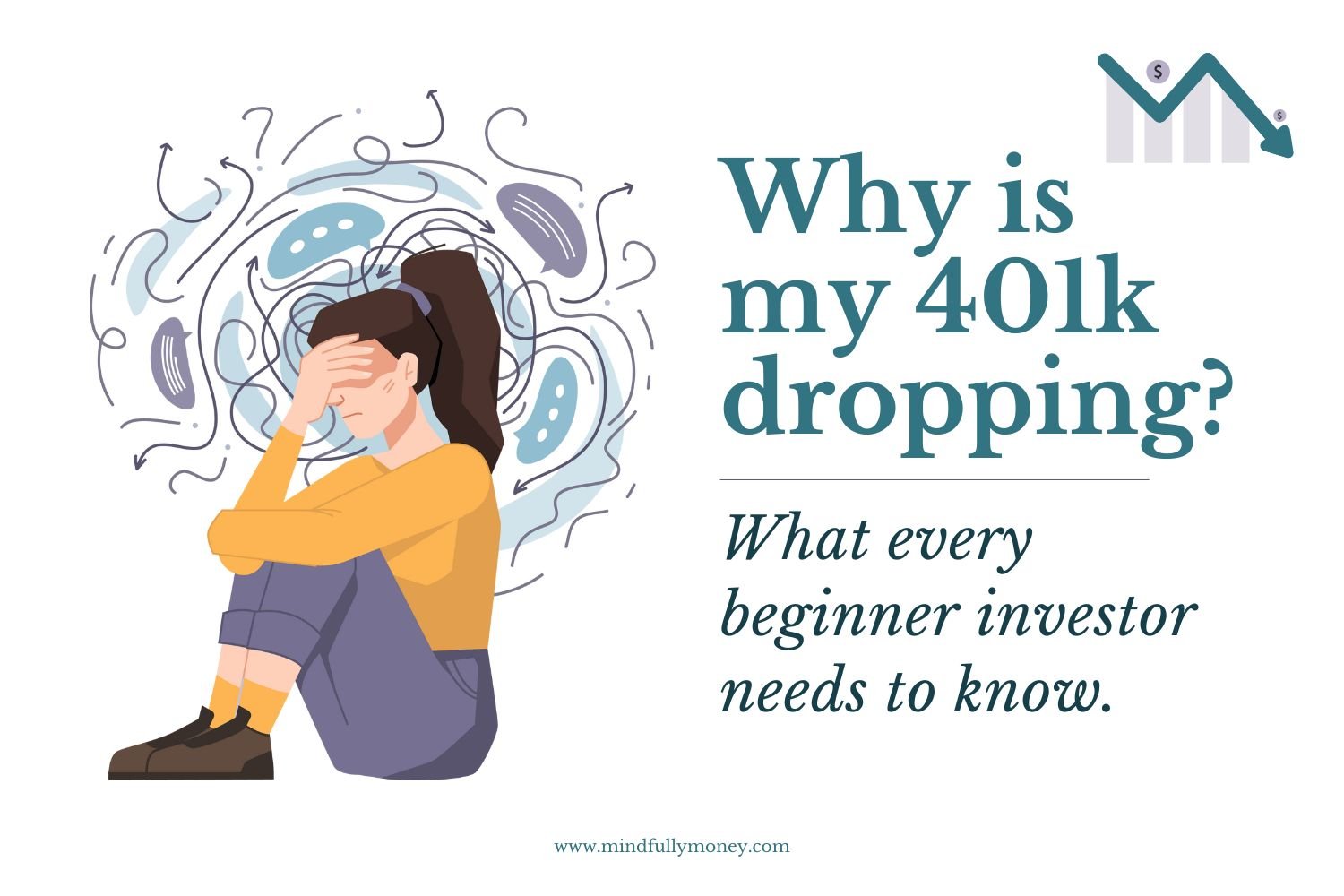Financial Advice on Social Media: How to Know If It’s Good or Not
Image: @christinhumephoto on Unsplash
With the increase in personal finance content online and in social media, it’s more important than ever to know how to tell the good advice from the bad.
In a rare case of celebrities being held accountable for advertising crypto, Kim Kardashian was recently fined $1.26 million for advertising a cryptocurrency token on social media without disclosing how much she was paid. At the height of the crypto and NFT craze last year, many celebrities were hawking crypto assets on social media. But most of them have avoided fines by slipping through loopholes in SEC rules.
If you have ever spent any time trying to read and understand SEC rules (which, unfortunately, I have), you’ll know that investment advice is highly regulated. These regulations are designed to protect consumers from bad advice. In particular, the SEC requires those recommending particular investments and securities to disclose any compensation they receive. Otherwise, people recommending investments might recommend what makes them money instead of what is best for the investor.
But the SEC rules are not perfect. Investment advisors can still legally make money from selling you investments as long as they disclose it (even if nobody really reads the disclosures). And in addition to that, you’re technically allowed to publish general information as long as you’re not giving specific advice to a specific person. That’s why you have people like Jim Cramer, Robert Kiyosaki, and many others telling you how to invest without running afoul of SEC rules.
In some ways, it is good that general information can be provided online because it allows investors to learn how to invest—what types of accounts are available, the difference between stocks and bonds, or what the heck dollar cost averaging is.
But it also opens up the window for anyone to recommend anything and just qualify it with “this isn’t investment advice.” And it creates a disincentive for financial professionals who actually know what they’re talking about and have your best interests at heart to offer information online.
With the vast availability of financial information on the internet, particularly with the rise of financial influencers on TikTok, YouTube, and others, it’s more important than ever to know how to tell what advice is good and what advice should send you running.
How to Know if Financial “Advice” is BS
Unfortunately, it can be difficult to tell what advice is good or not without having some basic financial knowledge. It’s also possible for advice to be generally good, but be the complete wrong advice for you.
Here are a couple of things to keep in mind when you’re evaluating personal finance content online:
1. Always think of things you read online as information rather than advice.
You can learn about possible things you can do with your money without taking it as a recommendation that you should do it. Always remember that anything you read online might not be the right thing for you (if it’s even correct in the first place).
2. Always consider the source of the information and what their motivation is.
Sometimes people selling products or services are still giving good information, but it’s important for you to know that before making any decisions.
3. Consider the person’s qualifications and the type of information they provide.
For example, someone who has paid off a huge amount of debt might be a good source when it comes to debt payoff strategies and mindset, but they wouldn’t be a good source of information on investing or tax management.
4. Be aware that most qualified investment professionals are NOT out there giving advice to the general public because they are worried about liability and breaking SEC rules.
When it comes to investing, you need to be especially cautious. Most people talking about investing online are not licensed to give investment advice. Also, there is a high risk of losing significant amounts of money when it comes to investing. You can learn about personal finance online, but if you want advice that is right for you, you should find a professional who is a fiduciary (has your best interest at heart).
And finally, here are a few warning signs that should make you think twice:
The results sound too good to be true.
It comes from someone who says that only they know the secret.
It uses words like “always” and “never.”
It’s coming from someone who is getting paid to promote something.
The advice is one-size-fits-all rather than something that can/should be customized to individual needs.
It promised that you’ll get rich quick.
It involves information that can’t be verified through an official website or source.
You can’t find any other reputable source that offers the same advice
The giver of the advice doesn’t have any financial background or training
Just to be clear, none of these guarantee that the advice is bad. It does mean that you should spend some extra time evaluating the source and getting other opinions before blindly following it. Always be curious about the person or organizations motivations.
And remember, even advice that is good for some people might not be right for you.
Identifying advice that’s right for you can be challenging, and if you have any questions or concerns, please make sure to consult a professional.
Was this helpful? Pin the image below to Pinterest or share to your favorite social media account.





